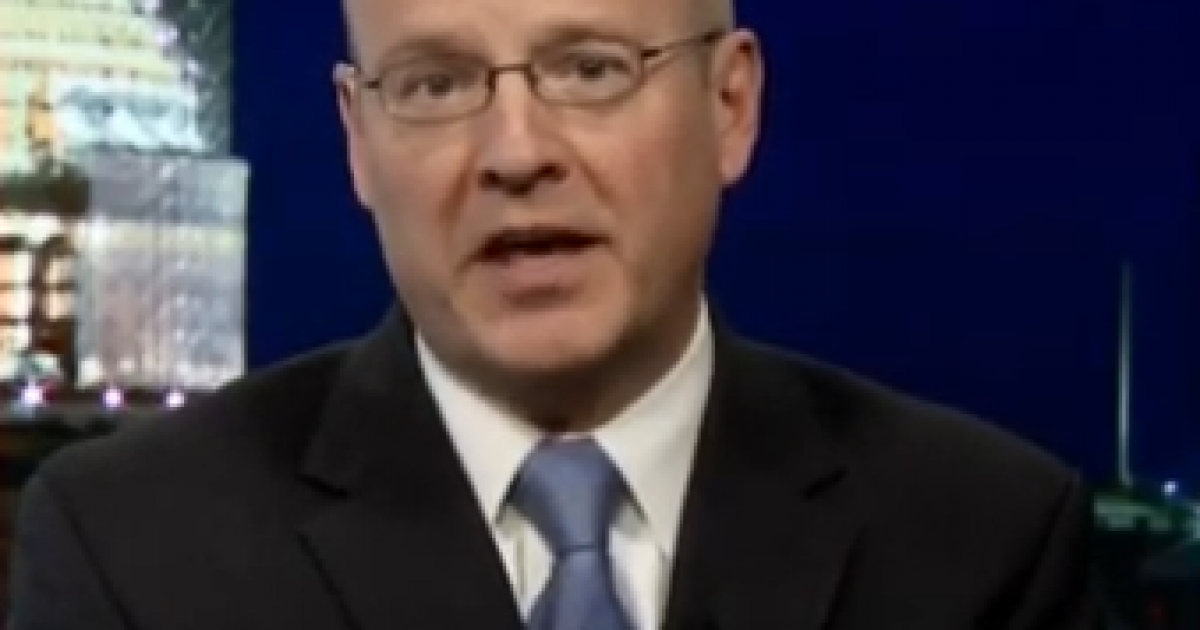
On June 2, 2020, National Right to Work Committee President Mark Mix urged Colorado Governor Jared Polis to veto legislation that ended up passing in the Colorado House on June 3, 2020.
This bill would give union officials permanent union monopoly bargaining power over public sector employees and public services.
Mix stated: “While this proposal would be wrong for Colorado’s taxpayers and economy at any time, they are especially harmful now since they would undermine efforts to mitigate the fiscal damage being wrought by the COVID-19 virus on Colorado.”
House Bill 1153 would grant union bosses the power to impose monopoly bargaining on all state workers, even if the workers are opposed to unionization.
Under union monopoly bargaining, union boss “representation” is imposed on all workers even in the cases when individuals don’t acquiesce to it and may actually face harm from it.
“Even convicted criminals retain the right to choose their own representation, and this legislation is just plain wrong,” commented Mix.
Per an executive order issued by former Governor Bill Ritter, Colorado state employees are already subject to monopoly bargaining, but under the new legislation future governors are unable to repeal the policy.
“The fact is,” remarked Mix, “this blatant union boss power grab will increase costs for Colorado taxpayers just as government revenues are dropping because of the economic harm caused by COVID-19.”
“With the state facing a $3.3 billion hole in its current budget, and legislative committees killing bills because of $8,000 fiscal notes, it is unconscionable for the state to pass this scheme, which will cost millions in the near term and jack up the cost of state services even further in the years to come.”
Mix also mentioned that HB 1153 would bring about considerable harm to both state workers who refuse to join a union and Colorado taxpayers.
“The simple fact is, this legislation will both infringe on individual employees’ rights and massively raise costs for taxpayers,” explained Mix.
“What you see in states with union monopoly bargaining is union bosses and their handpicked politicians saying, ‘You scratch my back, I’ll scratch yours, and to heck with taxpayers!’” stated Mix.
Mix alluded to a 2016 study by the Heritage Foundation which illustrated how states passing government sector bargaining raise the average annual tax burden by $3,000 for a family of four.
According to an analysis by the National Institute for Labor Relations Research, the state and local tax burden in 17 states with the largest rates of public sector unionization was 26% greater than in the 17 states where public sector unions are weakest.
Plus, the Maryland Department of Fiscal Analysis discovered that government sector bargaining costs between $1.3 and $1.4 million annually in process costs for only 12 “bargaining units” of state workers.
By passing this legislation, Colorado would be giving union bosses monopoly bargaining power while other states are restricting it. Minnesota Democrat Governor Tim Walz recently signed an executive order, ending monopoly bargaining contract provisions for 50,000 public sector employees in order to tackle the Wuhan virus pandemic.
“As other states are recognizing, granting union bosses monopoly bargaining power not only drives up the costs to taxpayers but undermines the flexibility needed for responsible fiscal policies,” highlighted Mix.
Mix also indicated that bestowing monopoly bargaining privileges on union officials will allow them to access the public purse unlike most organizations.
“In a representative system of government, it is wrong to allow special interest groups like union officials to bind government in its most basic function — the spending of public money and directing of public services,” stated Mix.
In a concluding remark, Mix declared that “For all these reasons, Governor Polis must reject this union boss power grab.”



